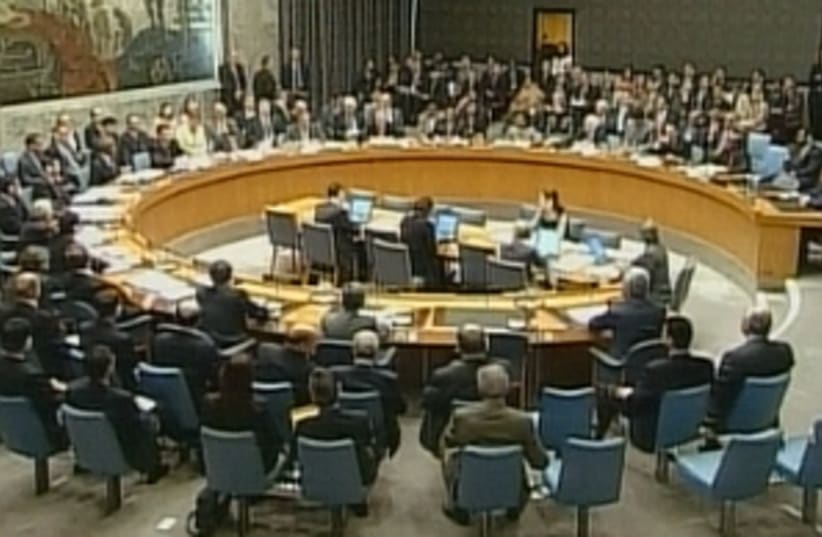| THE IRANIAN THREAT | |
| JPost.com special: news, opinion, blogs and more |
China, Russia oppose Iran sanctions
Say cutting credit would punish all Iranians for Teheran's nuclear defiance.


| THE IRANIAN THREAT | |
| JPost.com special: news, opinion, blogs and more |